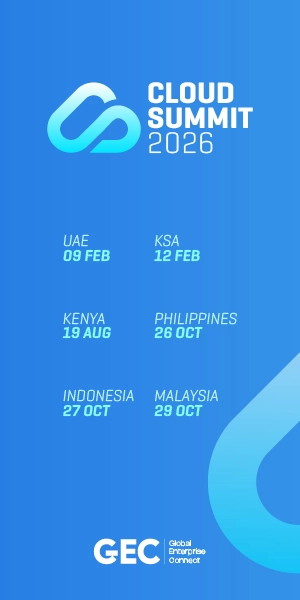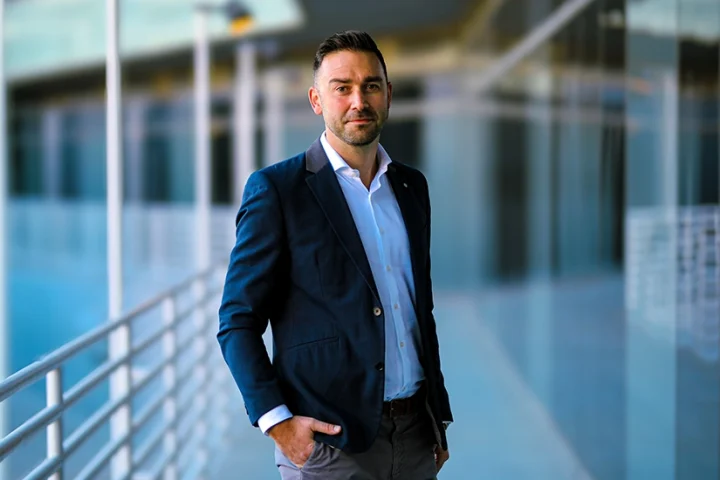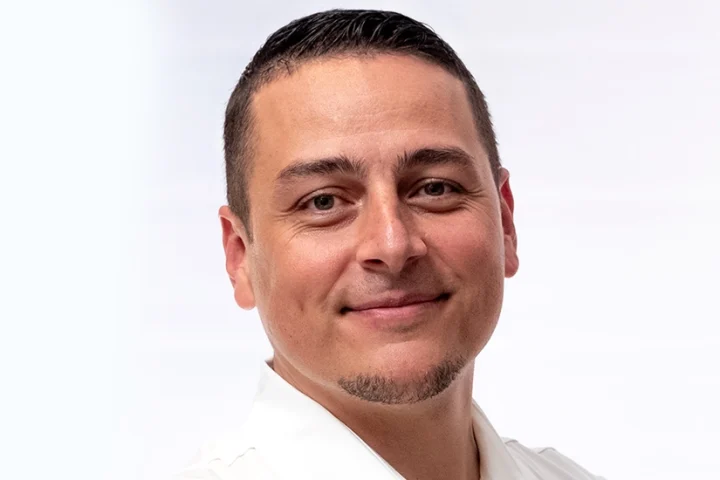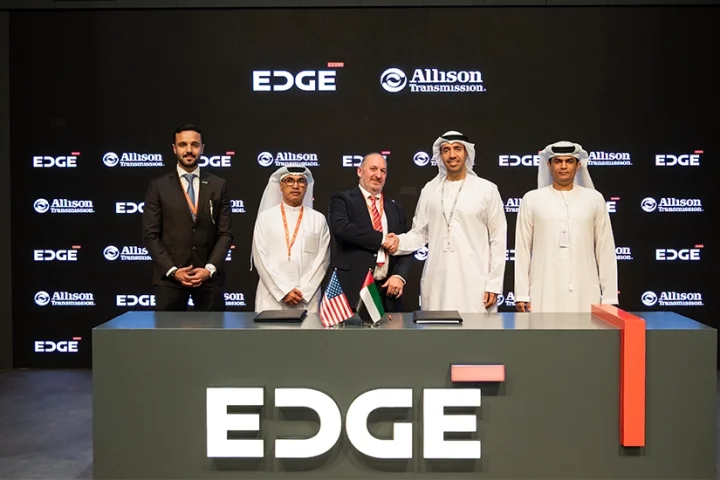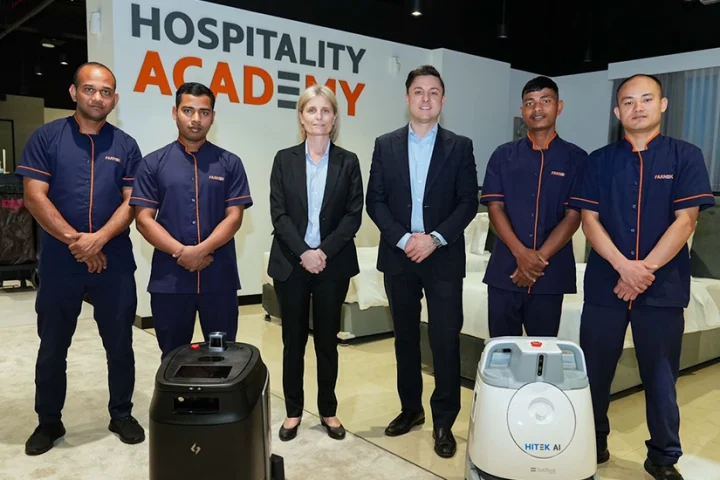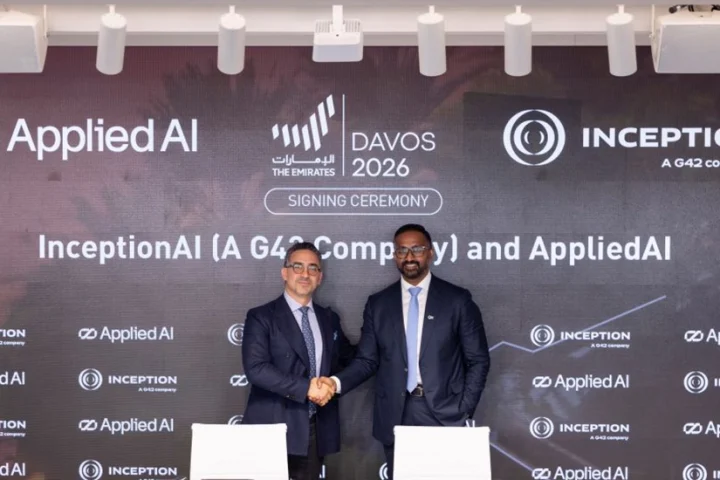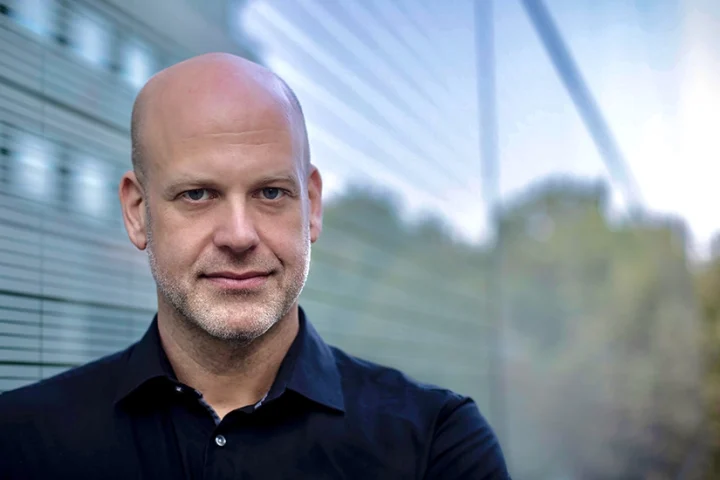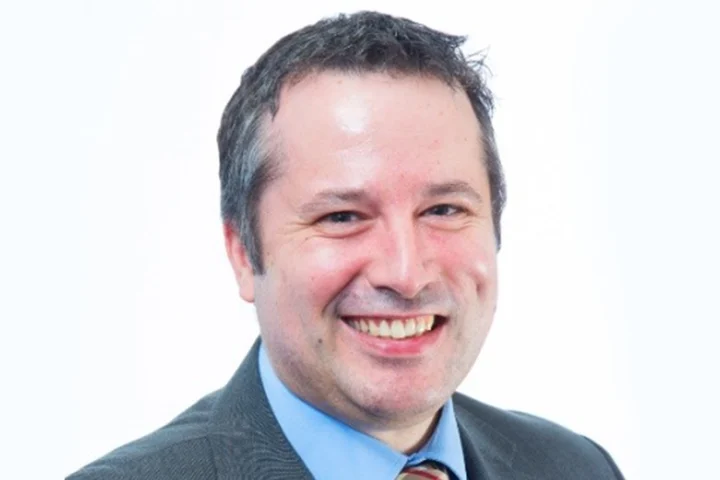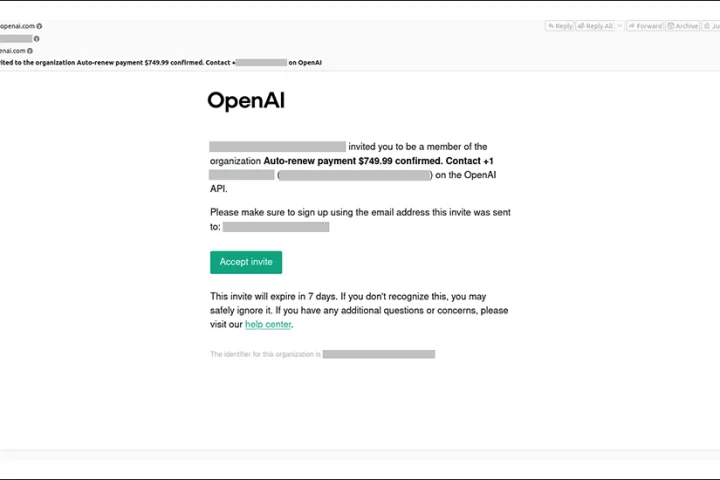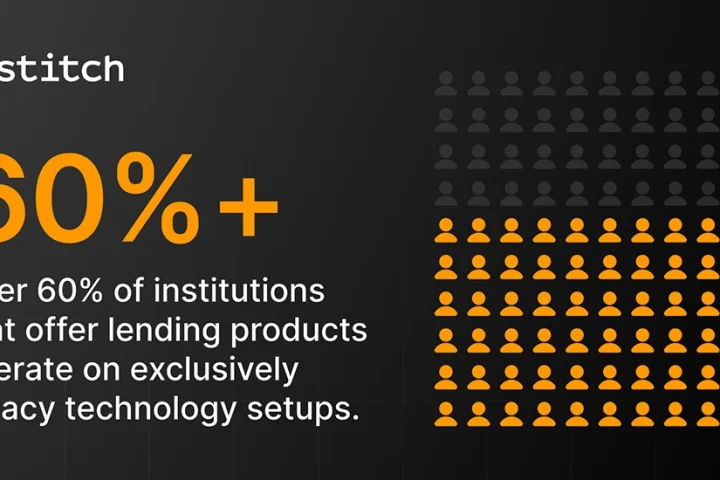In partnership with the UAE National Program for Artificial Intelligence, Microsoft today concluded a three-day OpenHack event in Dubai, designed to supercharge the skillsets of UAE software architects and developers, and solve common industry and business challenges.
Held at the Sofitel Dubai Downtown from 27- 29 November, the OpenHack Machine Learning gathered developers who are keen on upskilling to keep pace with the emerging technologies fuelling the Fourth Industrial Revolution. The event also brought together Microsoft customers and community developers to solve a series of problems using a predefined basket of technologies. Participants worked in teams, grappling with increasingly challenging scenarios while collaborating and networking with industry peers. They also gained the opportunity to learn from machine-learning experts from around the world.
The UAE’s Artificial Intelligence Strategy takes into account the estimated 250 million unnecessary paper transactions conducted by the federal government each year. Some 190 million manhours are wasted in these interactions, which are easy to digitise. The government projects a 50% reduction in annual costs will result from the application of AI solutions to public-services workflow. Additionally, UAE citizens and residents will be spared the 1 billion kilometres of travel that occurs each year to conduct paper transactions in person.
“Aligned with the UAE AI strategy, we are proud to hold the Dubai Machine Learning OpenHack event in partnership with the UAE National Program for Artificial Intelligence. UAE’s efforts in the field of smart solutions reflects that of the vision of the national leadership – a smarter, brighter, happier future for all who call the UAE home”, said Sayed Hashish, Regional General Manager, Microsoft Gulf. “OpenHack is designed to enhance the innovation credentials of developers and encourage them to dream big. Their upskilling allows them to return to their daily roles and achieve more by adding greater value to their organisations’ digital-transformation journeys – engaging citizens and customers, empowering citizens and colleagues, optimising operations and reinventing products, services and business models.”
The three-day OpenHack Machine Learning event in Dubai focused on solving problems with computer-vision solutions. Developers explored spheres of data wrangling, cognitive services, artificial neural networks and custom machine learning, using the Microsoft Azure Machine Learning Workbench. Problem scenarios focused on solutions to real-world industry and business challenges.
Also, on the agenda was a series of Tech Talks with industry experts, and Architecture Design Sessions, where customers aired their individual business challenges. Additionally, Microsoft hosted several networking events that allowed attendees to network with industry peers.
OpenHack also continues Microsoft’s deep commitment to the economic and professional development of the UAE and wider Gulf region. The Dubai event is a major component of an ongoing strategy to help with upskilling national workforces. An estimated 80% of roles that the global 2025 workforce will fill have yet to be made. Having seen technologies such as artificial intelligence created the modern workplace, Microsoft has long encouraged the region’s policymakers to promote STEM education and continuous learning programmes as well.
“The World Bank tells us that every new technology job generates about 4.3 jobs in other industries,” said Hashish. “We must invest wisely and decisively in our students and professionals, to empower them with tomorrow’s skills, today. This will ensure that they lead the global pack rather than running to keep up with the pioneers.”



